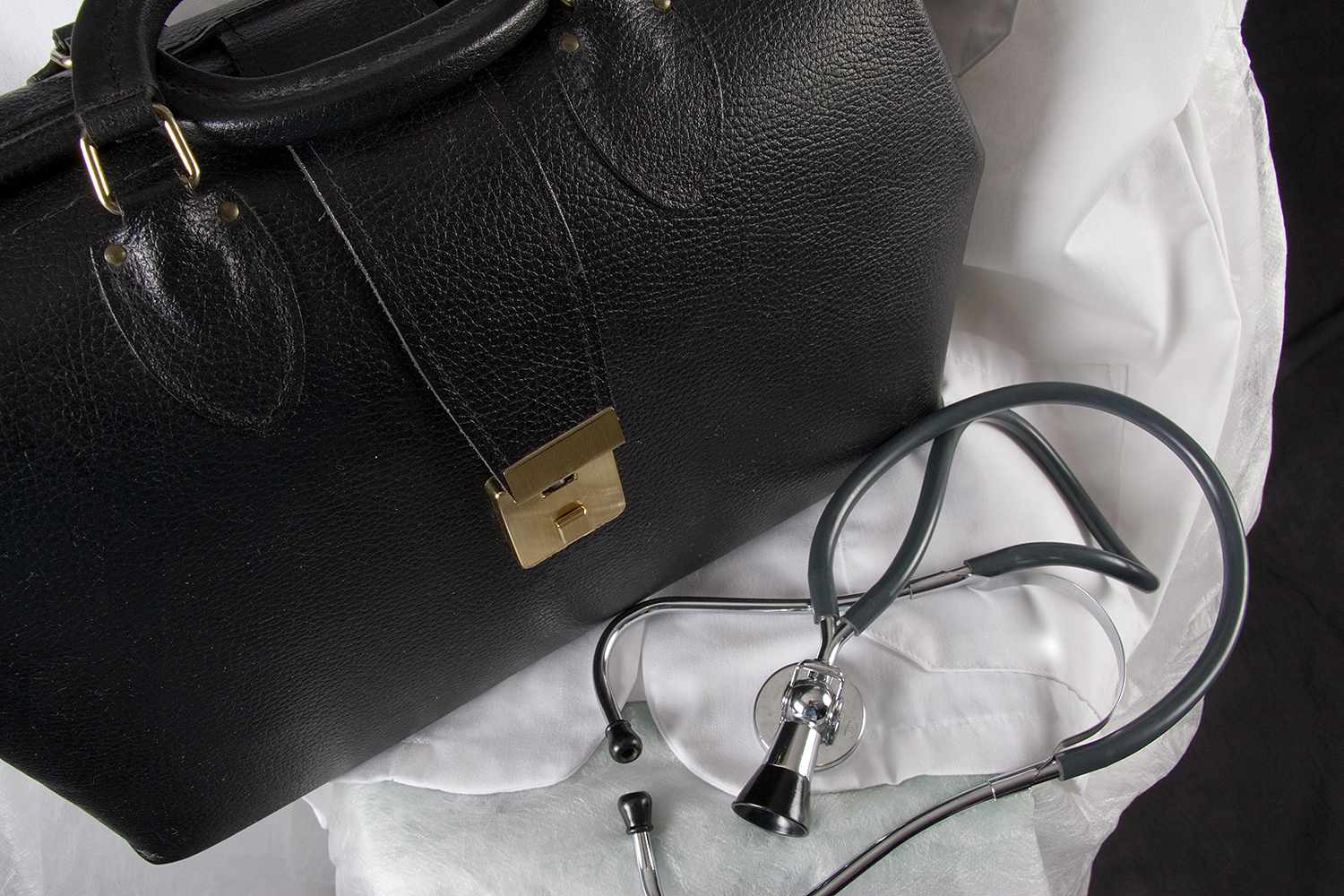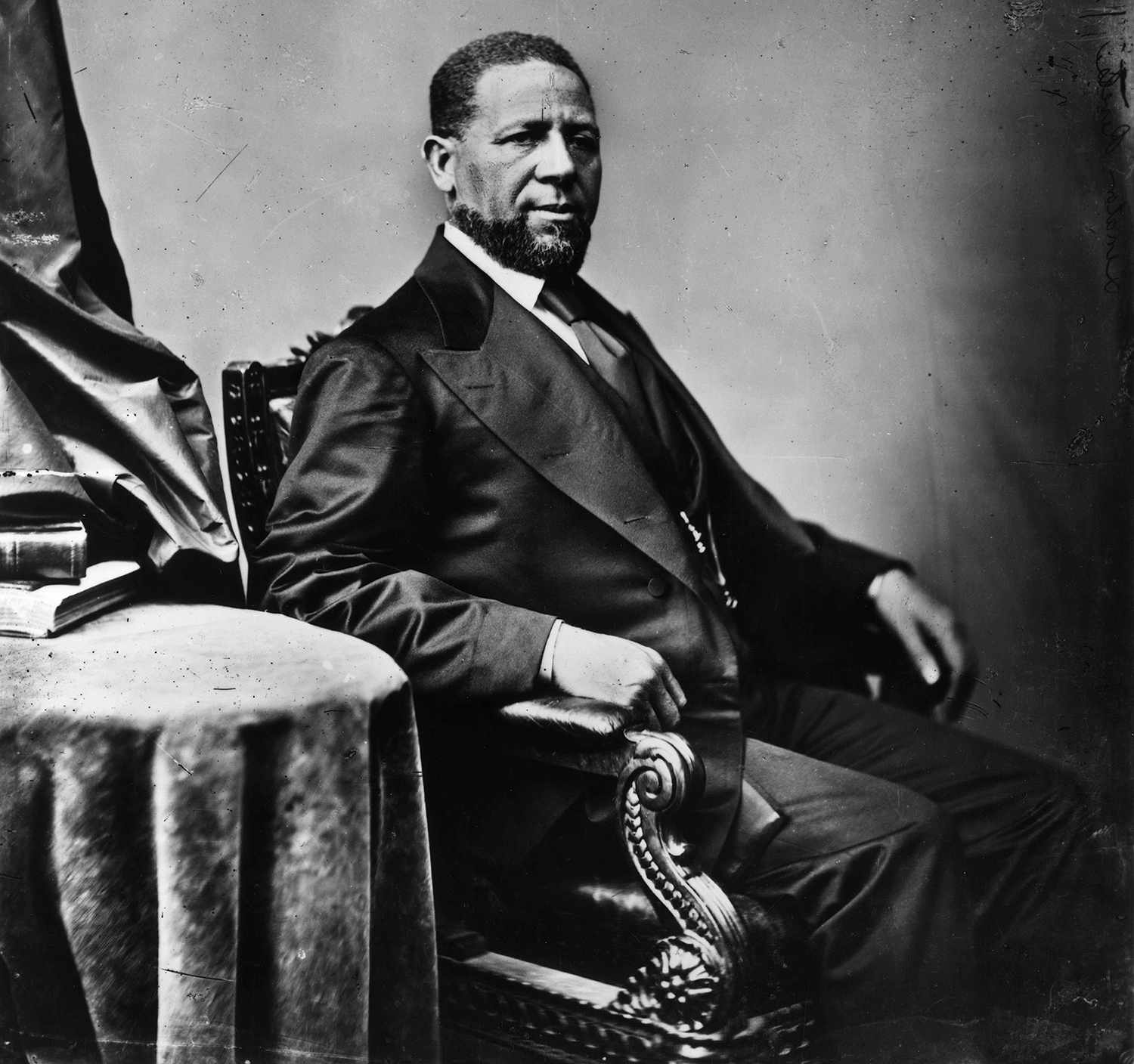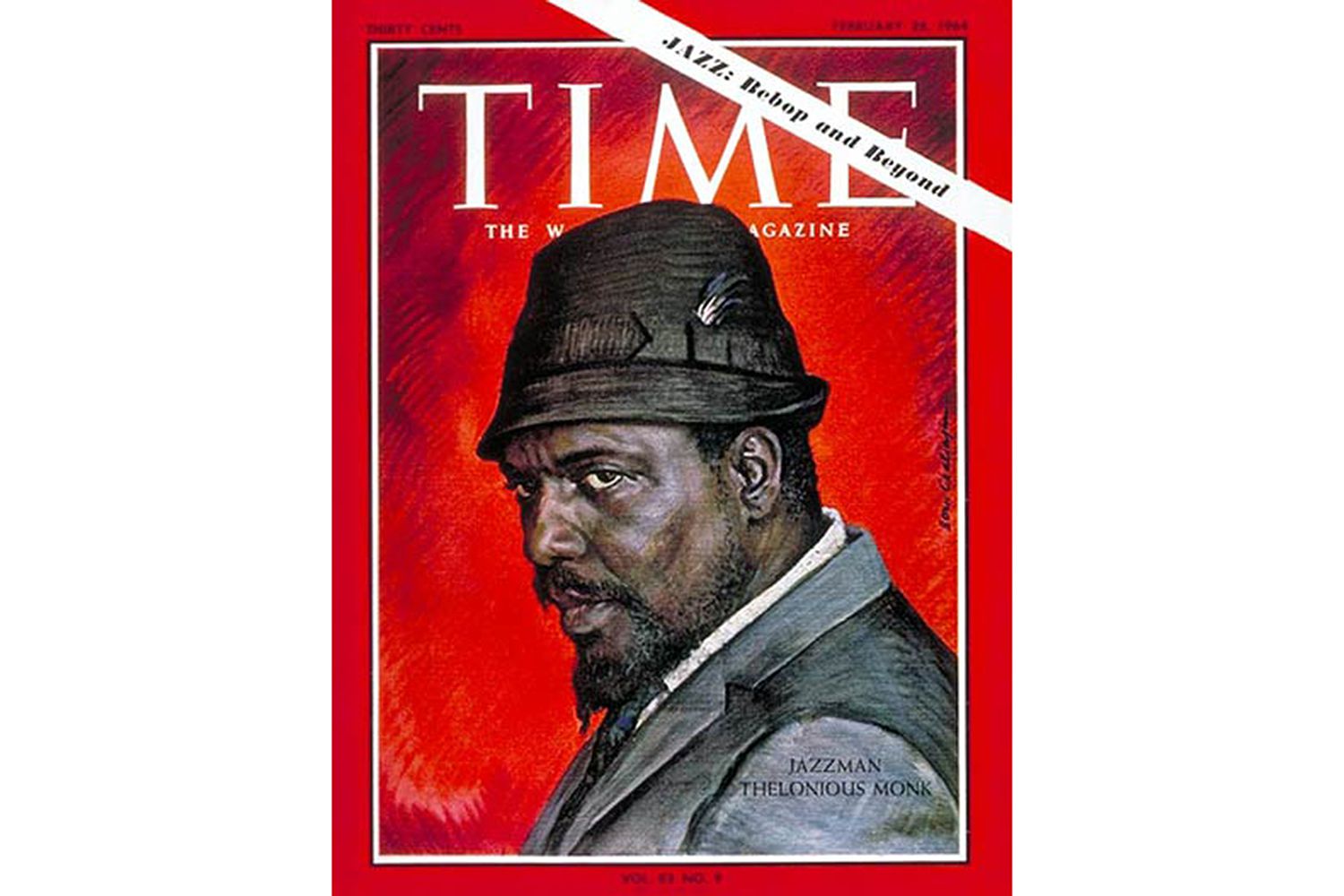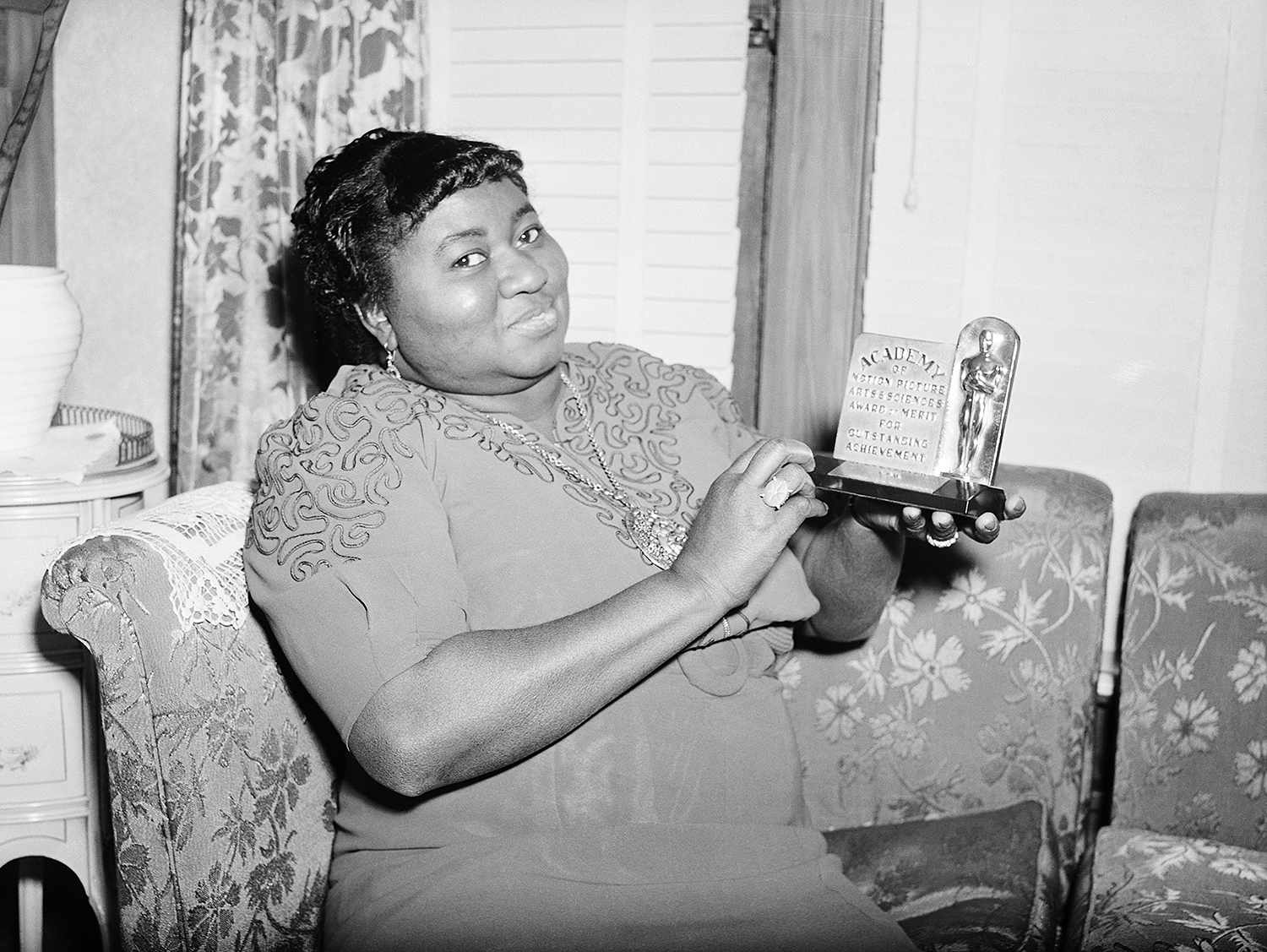Feb. 24, 1864: Rebecca Lee Crumpler Becomes First Black Woman to Receive M.D.
Born Rebecca Davis on Feb. 8, 1831, the pioneer first worked as a nurse in Charlestown, Massachusetts, before getting accepted into the New England Female Medical College, during a time when male physicians claimed that women did not have the physical strength to practice medicine, according to PBS.
By 1864, Crumpler became the school’s only African-American graduate and by 1883, she released Book of Medical Discourses — one of the very first medical books written by an African-American, according to the U.S. National Library of Medicine.
1of 6
Feb. 25, 1870: Hiram Rhodes Revels Becomes First Black Congressman
Born in Fayetteville, North Carolina, on Sept. 27, 1827, the moderate-leaning politician joined the U.S. Senate in 1870 — but not without a fight.
Senate Republicans were ready to swear him in, but Senate Democrats tried to block Revels by saying he wasn’t a U.S. citizen, despite the fact that he was born to free parents in North Carolina, according to the U.S. House of Representatives: History, Art & Archives.
Republican Sen. Charles Sumner of Massachusetts was quoted as he reflected on the historic moment in which Revels was sworn in, saying, “All men are created equal, says the great Declaration and now a great act attests this verity. Today we make the Declaration a reality … The Declaration was only half established by Independence. The greatest duty remained behind. In assuring the equal rights of all we complete the work.”
2of 6
Feb. 26, 1869: 15th Amendment Passes, Granting Black Men the Right to Vote
On this day, the House of Representatives passed a vote of 144 to 44, declaring that the “right of citizens of the U.S. to vote shall not be denied or abridged by the United States or by any state on account of race, color, or previous condition of servitude,” according to the Library of Congress.
3of 6
Feb. 27, 1872: Charlotte E. Ray Becomes First Black Female Lawyer
Born in N.Y.C. in 1850, Ray became the first African-American lawyer in the U.S. and the first practicing female lawyer in Washington, D.C., according to The Leadership Conference on Civil & Human Rights.
The trailblazer began teaching at Howard University in 1869 when she first got accepted into the Howard School of Law. Ray applied under the name of “C.E. Ray” because the university was reluctant to admit women at the time, according to the organization, but was able to graduate in 1872 and opened her own law practice before leaving law to teach, due to race and gender discrimination that plagued the profession.
4of 6
Feb. 28, 1964: Thelonious Monk Covers TIME Magazine
The famed pianist graced the cover of TIME; the issue featured a deep dive into the jazz icon’s impact on music. The issue came out around the time the civil rights movement had started to take off and tensions between Black and white musicians were heading to a boiling point within the jazz community.
“Racial woes are at the heart of much bad behavior in jazz, and the racial question is largely a confusion between life and art,” journalist Barry Farrell wrote in his essay, The Loneliest Monk. “Negroes say whites cannot play, when they mean that whites have always taken more money out of jazz than their music warranted. Whites complain of ‘Crow Jim’ when what they mean is that work is scarcer than ever — even for them. The fact is that most of the best jazz musicians are Negroes and there is very little work to go around on either side.”
5of 6
Feb. 29, 1940: Hattie McDaniel Becomes First Black Actor to Win Oscar
The history-making actress earned an Academy Award for Best Supporting Actress as Mammy in Gone with the Wind, according to the California African American Museum. After her acting career, McDaniel pivoted to radio and became the first, highest-paid Black actress to lead a national radio show.
The next Black woman to win the coveted award for Best Supporting Actress would be Whoopi Goldberg for her role in Ghost — almost 40 years later.
6of 6
Source: Read Full Article






